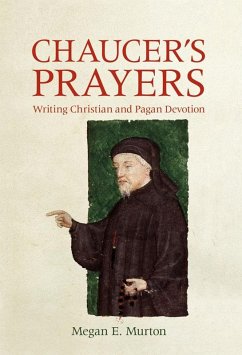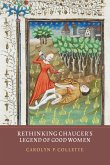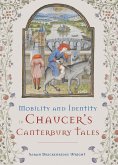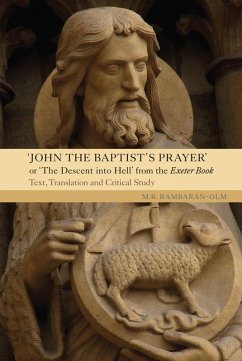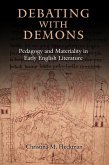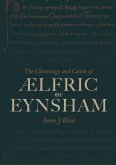A close examination of the prayers in Chaucer's poetry sheds significant new light on his poetic practice.
In a culture as steeped in communal, scripted acts of prayer as Chaucer's England, a written prayer asks not only to be read, but to be inhabited: its "I" marks a space that readers are invited to occupy. This book examines the implications of accepting that invitation when reading Chaucer's poetry. Both in his often-overlooked pious writings and in his ambitious, innovative pagan narratives, the "I" of prayer provides readers with a subject-position thatcan be at once devotional and literary - a stance before a deity and a stance in relation to a poem. Chaucer uses this uniquely open, participatory "I" to implicate readers in his poetry and to guide their work of reading.
In examining Christian and pagan prayers alongside each other, Chaucer's Prayers cuts across an assumed division between the "religious" and "secular" writings within Chaucer's corpus. Rather, it emphasizes continuities andapproaches prayer as part of Chaucer's broader experimentation with literary voice. It also places Chaucer in his devotional context and foregrounds how pious practices intersect with and shape his poetic practices. These insightschallenge a received view of Chaucer as an essentially secular poet and shed new light on his poetry's relationship to religion.
MEGAN MURTON is Assistant Professor of English at The Catholic University of America.
Hinweis: Dieser Artikel kann nur an eine deutsche Lieferadresse ausgeliefert werden.
In a culture as steeped in communal, scripted acts of prayer as Chaucer's England, a written prayer asks not only to be read, but to be inhabited: its "I" marks a space that readers are invited to occupy. This book examines the implications of accepting that invitation when reading Chaucer's poetry. Both in his often-overlooked pious writings and in his ambitious, innovative pagan narratives, the "I" of prayer provides readers with a subject-position thatcan be at once devotional and literary - a stance before a deity and a stance in relation to a poem. Chaucer uses this uniquely open, participatory "I" to implicate readers in his poetry and to guide their work of reading.
In examining Christian and pagan prayers alongside each other, Chaucer's Prayers cuts across an assumed division between the "religious" and "secular" writings within Chaucer's corpus. Rather, it emphasizes continuities andapproaches prayer as part of Chaucer's broader experimentation with literary voice. It also places Chaucer in his devotional context and foregrounds how pious practices intersect with and shape his poetic practices. These insightschallenge a received view of Chaucer as an essentially secular poet and shed new light on his poetry's relationship to religion.
MEGAN MURTON is Assistant Professor of English at The Catholic University of America.
Dieser Download kann aus rechtlichen Gründen nur mit Rechnungsadresse in A, D ausgeliefert werden.
Hinweis: Dieser Artikel kann nur an eine deutsche Lieferadresse ausgeliefert werden.

